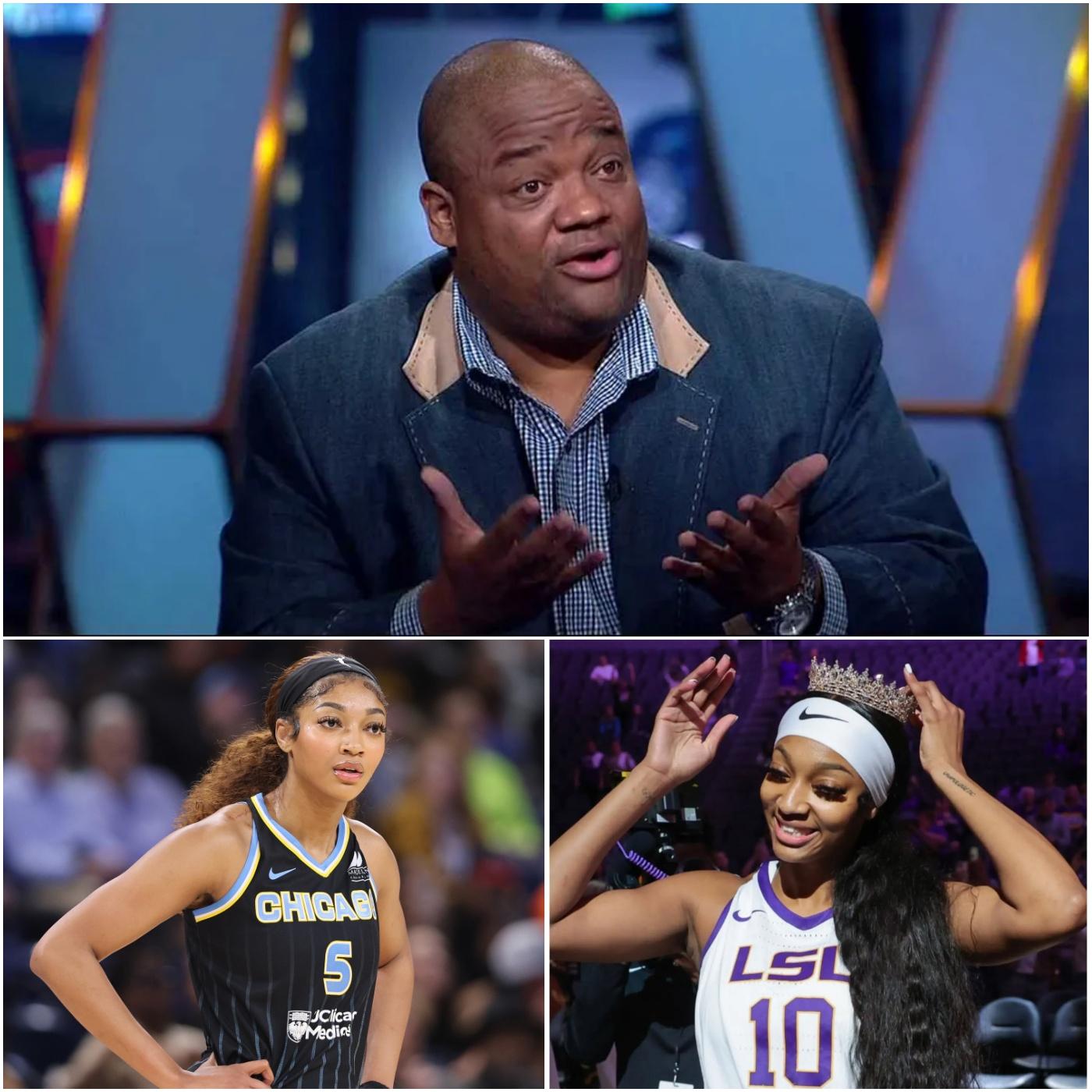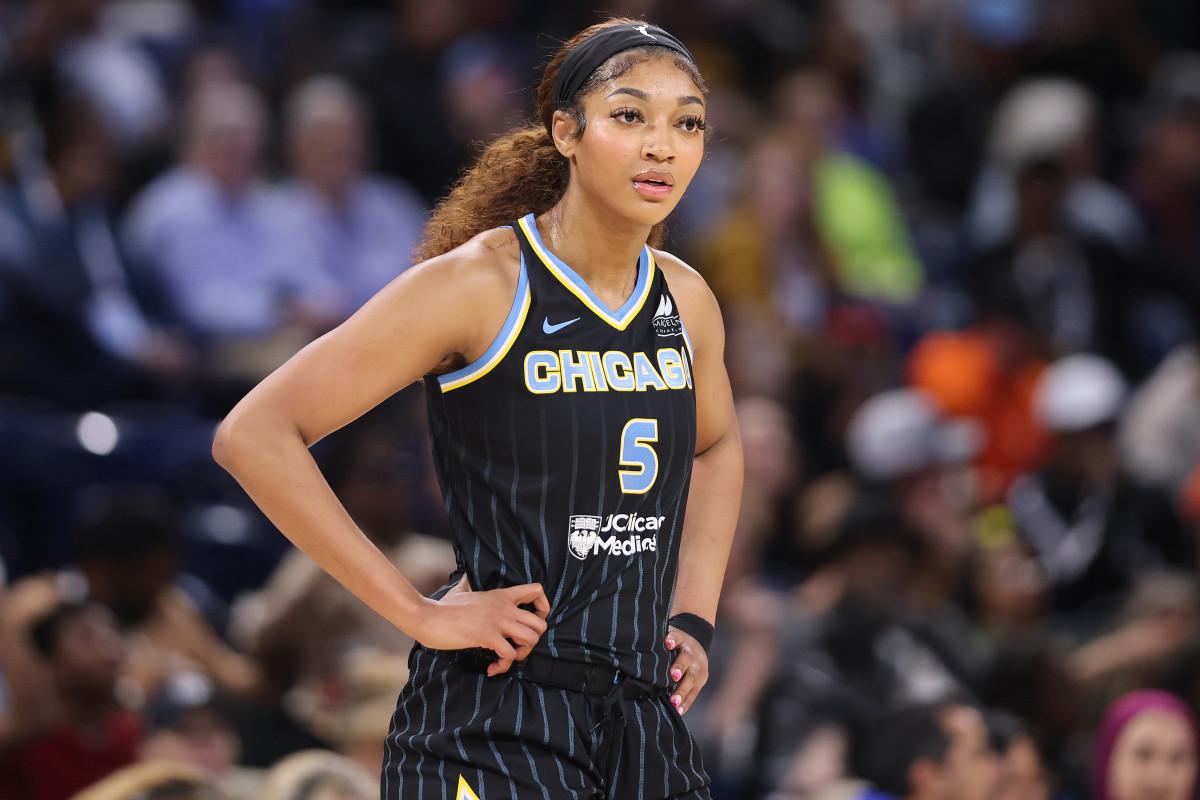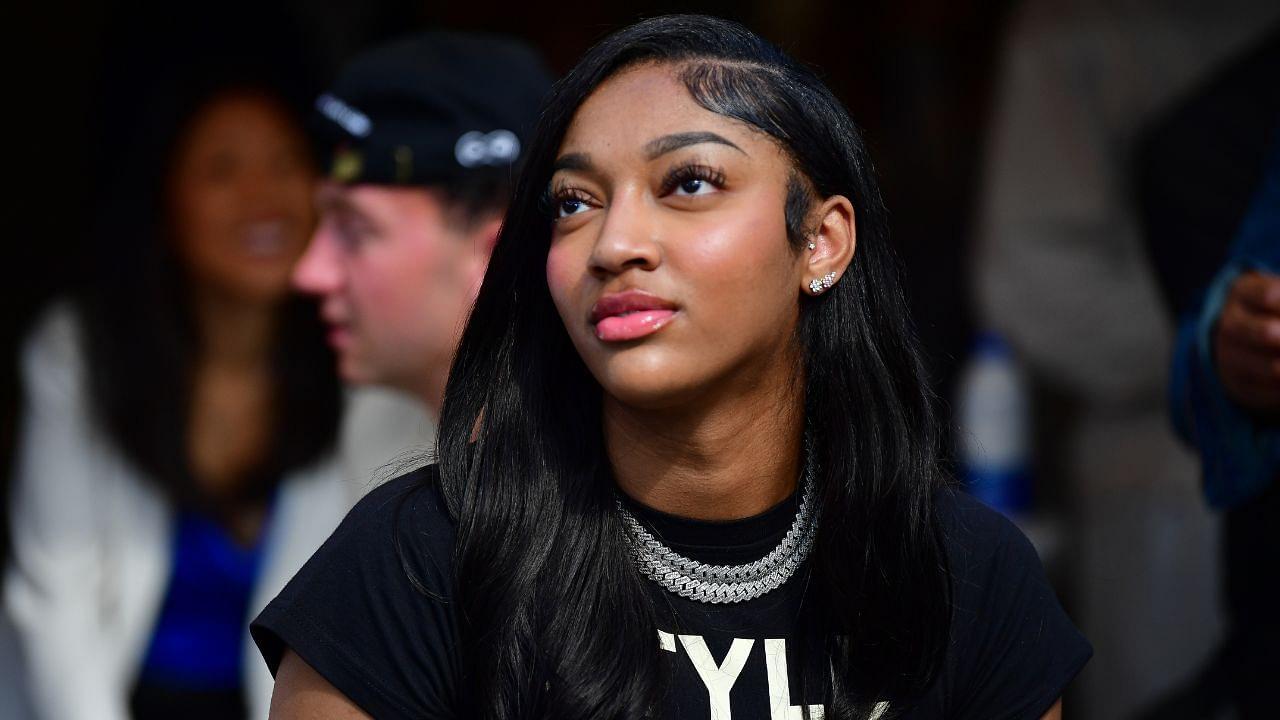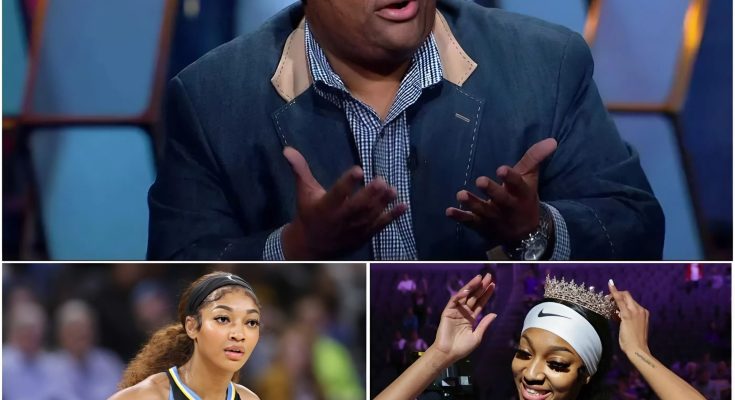Angel Reese has quickly become one of the most polarizing figures in the WNBA. While her rise to stardom has been hailed by many as an important step forward for the league’s visibility, she has also been subject to sharp criticism. Despite entering the professional ranks “in due time,” the young forward has been singled out more often than Caitlin Clark, who herself has been under an intense spotlight. The harshest remarks recently came from Jason Whitlock, who scrutinized not only Reese’s playing style but also her overall athletic ability.

Whitlock’s comments went beyond the usual critiques of efficiency or production. He argued that Reese’s movement patterns demonstrate a fundamental flaw, claiming her lower body appears “disconnected” from her upper body. In his assessment, this disconnect limits her fluidity, balance, and coordination on the court, and prevents her from developing into a dominant force in the post. He went further, calling her “incredibly unathletic,” suggesting that she relies heavily on effort, length, and energy rather than refined basketball skills.
Such pointed criticism naturally stirs debate among fans and analysts. Reese has carved out a reputation for herself through rebounding, hustle plays, and defensive intensity. Her energy has made her a fan favorite and an emotional leader on the court. Yet critics argue that while those traits make her valuable, they do not necessarily establish her as a complete player. Whitlock, in particular, highlighted her lack of polished post moves and finishing ability around the rim. In his view, the statistics she has produced so far do not translate into elite offensive impact, nor do they convince skeptics of her long-term ceiling.

The numbers themselves tell a mixed story. Reese has been productive in some categories, particularly rebounding, where her instincts and tenacity have consistently placed her among the league’s leaders. She brings second-chance opportunities, fights for loose balls, and forces opponents to account for her physical presence. However, her shooting percentages and offensive efficiency have been more modest. Those figures fuel the arguments of detractors who claim she has not yet developed into a reliable scorer or a versatile offensive weapon.
Beyond the court, Reese has also become a lightning rod for cultural conversations around the WNBA. Her confidence, assertiveness, and unapologetic personality have drawn both admiration and resentment. Some see her as a symbol of a new generation of players who refuse to conform to traditional molds, embracing individuality and self-expression. Others, however, perceive her demeanor as arrogance, which amplifies the scrutiny when her performances do not silence critics. This dynamic creates a feedback loop where every mistake or underwhelming statistic becomes a fresh opening for criticism.
Supporters of Reese counter these narratives by pointing to her age, growth potential, and the natural learning curve of transitioning to the professional level. They argue that labeling her “unathletic” ignores her motor, resilience, and ability to impact games in ways that cannot always be captured by a box score. For them, the conversation should not be about whether she already resembles a finished product, but about how she evolves with proper development, coaching, and experience.

At the same time, Whitlock’s comments reflect a broader skepticism some traditional analysts have toward modern players whose styles do not fit conventional archetypes. His emphasis on mechanics, body coordination, and post skills evokes an older model of basketball evaluation, one that places significant value on technical fundamentals. Whether those standards should still dominate discussions in today’s faster and more perimeter-oriented game is itself a matter of debate.
Reese, for her part, continues to play with intensity and passion. Regardless of outside noise, she has positioned herself as one of the most talked-about players in the league. For every voice criticizing her athleticism or skill set, there are others celebrating her determination and influence. In the end, her career trajectory will likely be defined not by early criticisms, but by how she adapts, improves, and solidifies her place in a league where reputations can change quickly.

